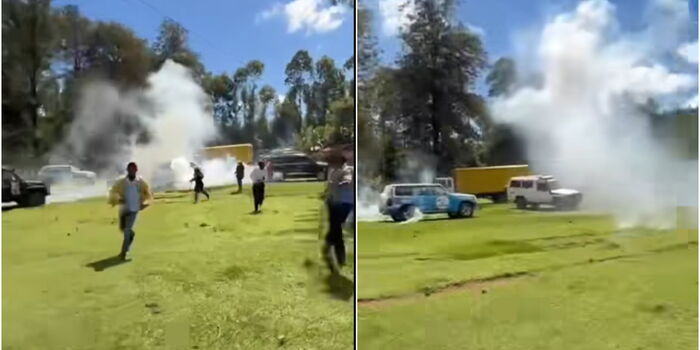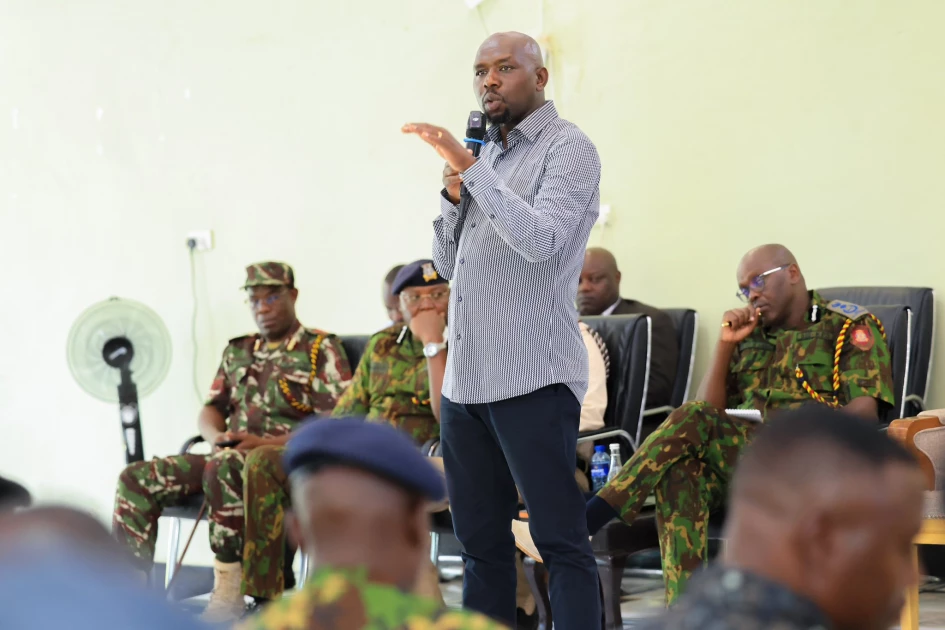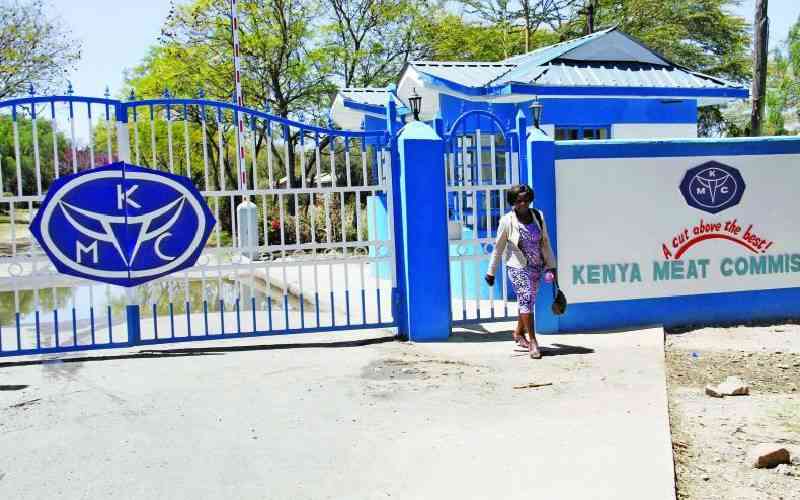Interior Cabinet Secretary Onesimus Kipchumba Murkomen officially designated parts of Masalani in Garissa and Tana River counties as protected areas, restricting access.
In an official notice dated May 16, the CS announced that the Masalani National Intelligence Service Campus in Masalani and Jamhuri areas in Garissa County and the Masalani National Intelligence Service Campus, Tana River County, have been placed under heightened security.
According to Murkomen, entry to the restricted areas will be strict and regulated by the Director General of the National Intelligence Service (NIS), Noordin Haji.
”In exercise of the powers conferred by section 3 (1) of the Protected Areas Act, the Cabinet Secretary for Interior and National Administration orders that the Masalani National Intelligence Service Campus Protected Area Order, 2025,” the notice read in part.
The move, in line with the Protected Areas Act (Cap. 204), means that unauthorised persons cannot enter or operate within the restricted zones without formal approval.
The Protected Areas Act (Cap. 204) allows the government to restrict access to certain areas for security and public safety.
Some of the areas surrounding Masalani include Majengo, Wenje, Garsen, Hola, and Fajua in Garissa County. Residents from these areas and others would now need approval from the NIS officials before accessing the area.
Although the CS did not outline why the areas were declared as protected areas, being NIS facilities, the areas house sensitive intelligence operations, requiring strict access control.
Restricting access also ensures that only authorised personnel can enter, reducing potential security threats, and it also ensures intelligence activities remain confidential.
The bases were set up in the area to help containing growing al Shabaab activities in the region.
The area is near the Kenya-Somalia border where terrorists cross to the country for attacks and escape to their country.
The area has been suffering from terror related attacks for years leaving it poorly developed.
As part of efforts to address the menace, the government has been setting up development projects and increasing road networks.
Somalia’s political history is marked by a lack of a stable, central government since 1991, following the collapse of the Siad Barre regime.
This has resulted in prolonged periods of political fragmentation, instability, and insecurity, impacting the country’s ability to effectively govern and provide services.
This has spread to neighboring countries, including Kenya.
Kenya has sent military to parts of Somalia as part of efforts to address the terror menace.
Email your news TIPS to [email protected]













